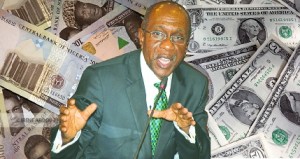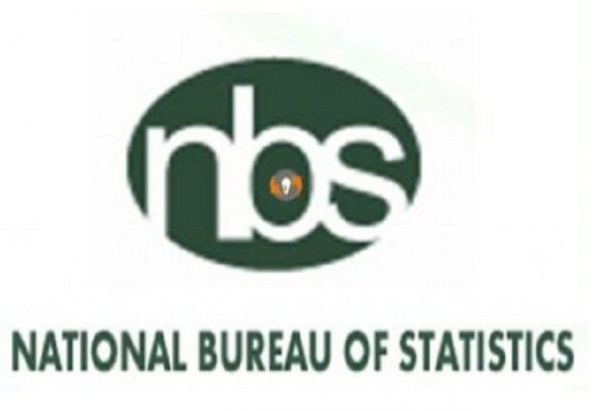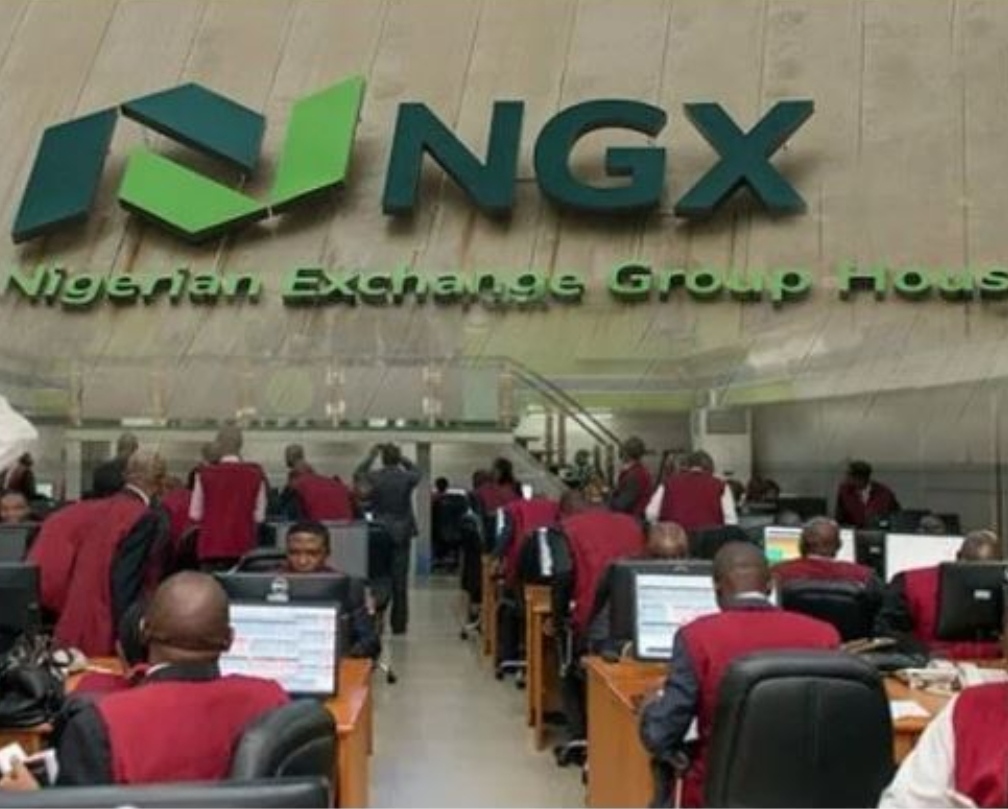CBN Under Pressure To Devalue Naira
 While the Central Bank of Nigeria has opposed the idea of another devaluation of the ailing naira, industry experts insist that is the way to go as the currency has continued to weaken.
While the Central Bank of Nigeria has opposed the idea of another devaluation of the ailing naira, industry experts insist that is the way to go as the currency has continued to weaken.
The persistent weakness of the naira, occasioned by low oil price in the international market, calls for devaluation of the currency sooner than later, industry experts have said, urging the Central Bank of Nigeria to review its restrictive foreign exchange polices.
The price of crude oil, the nation’s biggest source of foreign exchange, dropped below $35 per barrel last week, the lowest level since July 2004.
The naira took a further beating at the parallel market, trading near its lowest of N280 against the dollar on Thursday. It had on December 17, 2015 crashed to 280 against the greenback on the unofficial market.
Declining oil prices and the unwillingness of the CBN to devalue the naira amid constrained external reserves had continued to worsen the foreign exchange liquidity position of Nigerian banks, Renaissance Capital, a London-based investment bank, said in a report last month.
The naira had been devalued twice since the drop in global oil prices began, first in November 2014, when the central bank lowered the midpoint of the official peg by eight per cent to 168 per dollar.
In February 2015, the CBN also scrapped its twice-weekly auctions at which the naira was sold at a subsidised rate, a move that resulted in an effective weakening in the exchange rate of the currency by about 15 per cent.
The currency had lost 28 per cent of its value in the six months to February 2015 before the central bank fixed the exchange rate at N198 per dollar and tightened capital controls.
Since then, the central bank has sought to prop up the ailing naira with several measures, including stopping importers of around 40 items from toothpicks to glass and wheelbarrows from buying foreign exchange; restricting the use of local debit cards overseas; lowering Automatic Teller Machine withdrawal limits; and barring Nigerians from depositing hard currencies into their domiciliary accounts.
The Managing Director and Chief Executive Officer, Economic Associates, Dr. Ayo Teriba, said the restrictions the CBN had recently put in place in the wake of the shortage of foreign exchange had been counter-productive.
He said, “The way forward to a sustainable exchange rate is to attract foreign investment. There is no country that can sustain a stable exchange rate if all you rely upon is what you earn from exports.
“My big issue with the way the central bank has chosen to manage the naira is that the it speaks about the reserves and exchange rate situation as if it is only about trading, and I think they get it wrong in that regard. It is not all about trading; capital flows matter.”
Teriba said the restrictive policies had scared capital away from Nigeria and eroded confidence of wealth holders in holding naira-denominated assets.
He added, “Countries that get comfortable reserves positions are countries that have regard for capital flow. They solicit and court capital flows and encourage people who bring their money into their jurisdiction to retain confidence in their ability to manage it. That is the neglected dimension in the face of the increased demand for forex; the CBN was announcing list of items that you cannot source official forex to import, and that is very wrong.
“By the time you start telling people that they cannot use their debit cards abroad, do you think that is going to encourage them to hold more money in naira? It is going to scare them to even flee the naira the more.”
The Financial Derivatives Company Limited, headed by renowned economist, Mr. Bismarck Rewane, in its latest Economic Bulletin, noted that the next meeting of the Monetary Policy Committee of the CBN in two weeks would come up at a time when there were mixed signals on the direction of the monetary policy in the country.
“The CBN is expected to announce a new forex policy, which will give it the flexibility to bring the external and domestic economic variables into equilibrium,” they added.
This may include the announcement of a new exchange rate band, with a floor of N185 and a ceiling of N220, during the first quarter of the year, the FDC said.
“Nigeria’s external reserves are below $29bn. The anticipated adjustment in the exchange rate band is expected to slow-down the rate of depletion, as the demand pressure eases. However, with oil prices still soft at $37 per barrel, the likelihood of an accretion is slim,” the FDC analysts said.
The Global Chief Economist at Renaissance Capital, Charles Robertson, said he said in an emailed response to questions from our correspondent, “Given that oil producers around the world are devaluing, from Azerbaijan to Angola, investors do expect a similar move in Nigeria.
“Indeed, letting the market set the currency rate could help President Buhari achieve his anti-corruption goals.”
The Head, Investment Research, Afrinvest West Africa Limited, Mr. Ayodeji Ebo, said, “The challenges we see around the naira have continued to compound, and they show that several policies that the CBN has introduced have refused to yielded any positive results and that call for a review of the policies.
“The pressure we have seen in recent times, especially last week, can still be linked to the fact that the demand for the dollar has not been reduced. It is just that it has been shifted from the interbank to the parallel market.
“It further buttresses what the IMF boss has reiterated in terms of being flexible regarding our foreign exchange policies, which simply put means devaluation, to reflect the current reality that we are seeing in terms of global oil prices that have been on the downward trend.”
Ebo said for the CBN to be able to close the gap between the parallel market and the interbank rates, it would need to devalue the naira by a minimum of 25 per cent.
He added, “But beyond the devaluation, they also need to watch the policies so that we don’t see an immediate increase in the spread between the interbank and the parallel market after the devaluation.
“So, it is more of policy-driven than just devaluing. If we continue to hold on to these restrictive policies, then you create arbitrage and round-tripping and other unethical practices.”
The Managing Director, International Monetary Fund, Ms. Christine Lagarde, had last week during her visit to Nigeria, said the goal of achieving external competitiveness required a package of policies, including business-friendly monetary, flexible exchange rate and disciplined fiscal policies, as well as implementing structural reforms.
“Additional exchange rate flexibility, both up and down, can help soften the impact of external shocks, make output and employment less volatile, and help build external reserves. It can also help avoid the need for costly foreign exchange restrictions, which should, in any case, remain temporary,” she said.
The CBN may revise its target for the naira by more than 20 per cent to 240 to 250 per dollar as oil continues its decline, a London-based economist at Exotix Partners LLP, Alan Cameron, said in a research note last week.
Africa economist at Capital Economics, John Ashbourne, said in a note to clients last Wednesday that Nigeria would be forced to devalue the naira to around 240 per dollar in the first half of 2016, adding, “Cumbersome foreign exchange restrictions are strangling economic growth.”







